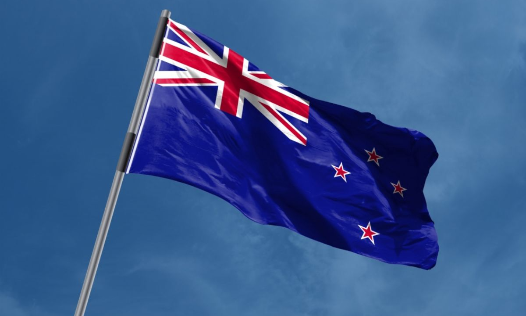Payment is being processed. Please do not refresh or close this page until your payment is complete.
 Book an Appointment
Book an Appointment

New Zealand has announced significant visa updates to simplify immigration and address labor shortages. Key changes include wage threshold removal, reduced experience requirements, and extended visa durations for certain roles.
In a bid to streamline immigration processes and address labour market concerns, New Zealand has introduced significant changes to its visa and employment requirements. These updates, aimed at simplifying pathways for workers and employers, include adjustments to wage thresholds, work experience requirements, and visa durations.
Key Changes to New Zealand Immigration Rules
Discover the latest updates to New Zealand’s immigration policies, including simplified visa applications, reduced experience requirements, and new pathways for skilled and seasonal workers.
Here’s a detailed look at the key changes:
1. Removal of Median Wage Requirement
The wage threshold requirement for Accredited Employer Work Visa (AEWV) and Specific Purpose Work Visa (SPWV) roles has been removed. However, employers are still mandated to advertise job openings and offer employees the prevailing market rate for their position and location.
It’s important to note that existing employment agreements and residence visa wage criteria remain unaffected by this change.
2. New Earnings Threshold for Migrants with Dependents
To bring children to New Zealand, Accredited Employer Work Visa (AEWV) holders must earn a minimum of NZ$55,844 annually and meet other eligibility criteria. This earnings threshold, unchanged since 2019, aims to ensure financial stability for families.
3. Reduced Experience Requirement for Migrants
The minimum work experience for migrants has been lowered from three years to two. This adjustment ensures workers have adequate skills while addressing labour shortages, a pressing issue highlighted during public consultations.
4. New Pathways for Seasonal Workers
New Zealand is introducing two pathways for seasonal workers to meet demand:
1. Three-Year Multi-Entry Visa for experienced workers.
2. Seven-Month Single-Entry Visa for lower-skilled workers.
Existing temporary seasonal worker pathways will continue to operate until these changes come into effect.
5. Extended Visa Duration for Lower-Skilled AEWV Roles
The New Zealand government has extended the visa duration to three years for jobs classified as skill levels 4 or 5 under the Australian and New Zealand Standard Classification of Occupations (ANZSCO). Previously, these visas lasted two years with an optional one-year extension.
Workers currently on two-year visas may apply for a one-year extension, provided they meet eligibility requirements.
6. Streamlined Work and Income Engagement for Employers
Employers advertising skill level 4 or 5 jobs must now declare, in good faith, their efforts to recruit domestically. This includes advertising roles with Work and Income and interviewing suitable candidates. The mandatory 21-day engagement period has been removed, making the recruitment process more flexible.
7. Enhanced Interim Work Rights for Migrants
Starting April 2025, interim work rights will be extended to AEWV applicants transitioning from any work visa type or a student visa with work privileges. This ensures migrants can remain employed while awaiting visa approvals.
8. Simplification of Employer Compliance Requirements
From January 27, 2025, accredited employers and Recognised Seasonal Employers (RSE) will no longer need to complete Employment New Zealand’s online training modules. Instead, Immigration New Zealand will provide easily accessible resources on employment rights and obligations.
9. Reduced Domestic Workforce Threshold for Construction Roles
Employers in certain construction sectors will see the domestic workforce threshold reduced from 35% to 15%, making it easier to fill labour shortages in this critical industry.
What These Changes Mean for Migrants and Employers
These updates represent a significant shift in New Zealand’s approach to immigration, offering more flexibility for workers and streamlined processes for employers.
For prospective migrants, the reduction in experience requirements, extended visa durations, and enhanced work rights create better opportunities to live and work in New Zealand. Employers, on the other hand, benefit from simplified compliance measures and a more efficient recruitment process.
Source: https://travelobiz.com/new-zealand-unveils-major-updates-to-visa-and-employment-policies/